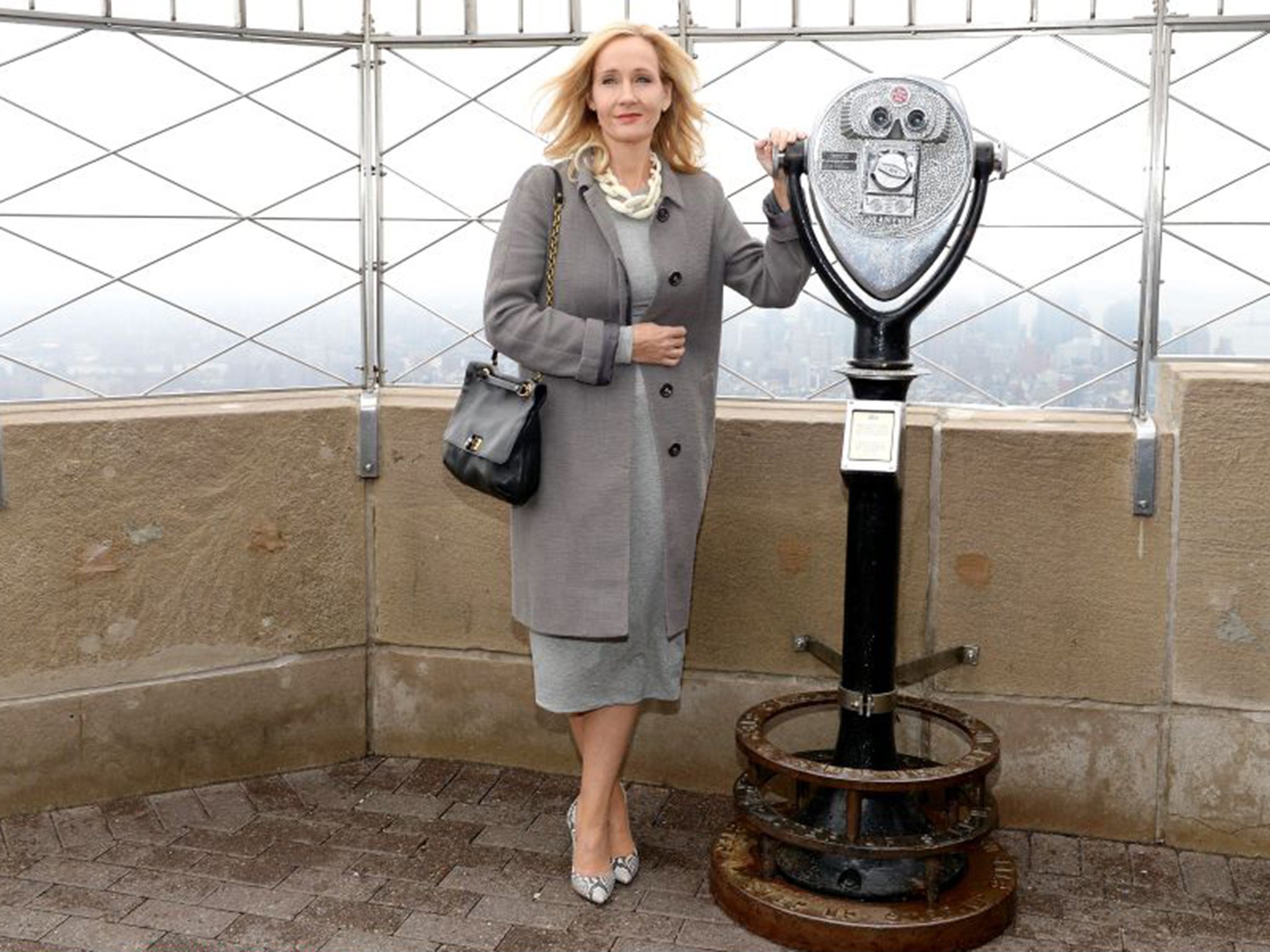Most authors earn less than minimum wage from their writing, survey finds
The career path of an author is rarely paved with gold

Your support helps us to tell the story
From reproductive rights to climate change to Big Tech, The Independent is on the ground when the story is developing. Whether it's investigating the financials of Elon Musk's pro-Trump PAC or producing our latest documentary, 'The A Word', which shines a light on the American women fighting for reproductive rights, we know how important it is to parse out the facts from the messaging.
At such a critical moment in US history, we need reporters on the ground. Your donation allows us to keep sending journalists to speak to both sides of the story.
The Independent is trusted by Americans across the entire political spectrum. And unlike many other quality news outlets, we choose not to lock Americans out of our reporting and analysis with paywalls. We believe quality journalism should be available to everyone, paid for by those who can afford it.
Your support makes all the difference.It’s the dream of many a frustrated office worker – quit the rat race and start a new life as a writer.
But the career path of an author is rarely paved with gold, according to a new study highlighting the “huge inequality” between the incomes of big-name novelists such as JK Rowling or Ian McEwan and the majority of jobbing writers.
The research, commissioned by The Authors’ Licensing and Collecting Society, found the top 5 per cent of writers earned close to half of all the income received by professional authors in 2013. The median income for professional writers is just £10,432, less than the minimum wage. Technical and academic writers are among the worst paid.
The report, compiled by Queen Mary, University of London, concluded: “There is a high concentration of earnings in a handful of successful writers whereas most do not earn much at all.”

Nicola Solomon, chief executive of the Society of Authors, said: “While it’s always been a profession where the biggest authors earn disproportionately more, what’s concerning to see is that the inequality is getting wider.”
Britain remains a nation of aspiring authors, with a YouGov poll finding in February it was the most desired job in Britain. Of those asked, 60 per cent said they wanted to make a living from writing.
Ms Solomon said a number of members of the Society of Authors had written in ironically in response to the YouGov survey, suggesting that they too would like to make a living from writing. “It’s undeniably harder to sustain a career in writing now,” Ms Solomon said.
The report revealed that 42.3 per cent of all the money paid out to professional writers was earned by authors earning more than £100,000 a year. The UK’s top selling authors include JK Rowling, who earned $14m (£9.4m) last year according to Forbes, while EL James is reputed to have earned $10m from the Fifty Shades trilogy in 2014 alone.
The bottom half of writers – those who received less than £10,432 in 2013 – earned just 7 per cent of total earnings between them. “It appears that writing is a profession where only a handful of successful authors make a good living while most do not,” the report said.
Ms Solomon said that part of the problem was many publishers have concentrated on the “safe” with celebrity authors, many of whom were not even writers but actors, television personalities and sportspeople.
Authors who used to make publishers a “perfectly good profit” of around £5,000 are no longer seen as viable she said. Advances are less common now, and the size is often smaller.
Join our commenting forum
Join thought-provoking conversations, follow other Independent readers and see their replies
Comments